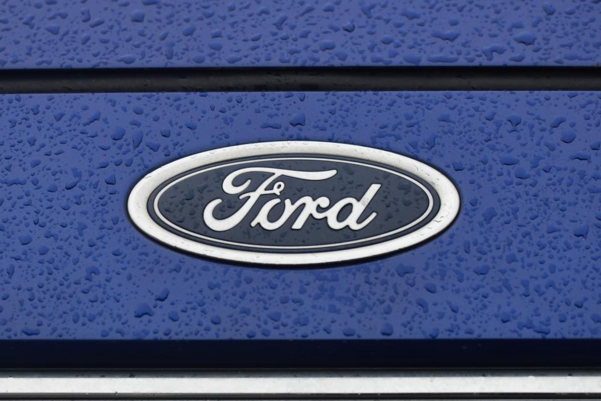Input 2021.02.18 16:00

To this end, Ford will invest $1 billion (about 1.1 trillion won) to completely renovate the Cologne plant in Germany, which employs 4,000 workers, into an electric vehicle assembly plant. Stuart Raleigh, president of Ford’s European subsidiary, said, “The decision to renovate the Cologne factory in Germany, which has been home to European business for 90 years, is one of the most important things Ford has made so far.” To do it.”
Prior to Ford, GM also announced plans to cease production and sales of internal combustion locomotives globally by 2035. Currently, 98% of GM sales come from sales of fossil fueled cars. Last year, electric vehicles accounted for only 3% of the total automobile market. The money that GM decided to invest in R&D for the next five years, including electric vehicle batteries and autonomous vehicle technology, amounts to 27 billion dollars (about 3,200 trillion won).
Transitioning to an electric car maker is the homework of all car makers. However, as the world’s largest automakers such as Ford and GM are releasing announcements to increase the proportion of electric vehicles one after another, the exit of internal combustion locomotives is expected to accelerate further. Hyundai Motor Company also said, “From 2040, it will stop selling pure internal combustion engine cars in major markets such as the United States, Europe, and China, and only sell electric vehicles, mainly electric vehicles.”
The growing electric vehicle market is because governments are tightening environmental regulations. Norway has decided to ban the sale of internal combustion locomotives from 2025. The UK tried to implement such a policy from 2035, but decided to ban the sale of internal combustion locomotives from 2030, moving the latest schedule five years ahead. France also bans the sale of internal combustion locomotives from 2030. China starts in 2035 and Japan starts in the mid-2030s. The automobile industry is also reinforcing the development of new eco-friendly vehicles in line with this.
In the case of Korea, in November last year, the National Climate Environment Conference, which is an advisory body directly under the President of the President, suggested that internal combustion locomotives should be removed from around 2035-2040 so that only pollution-free vehicles or plug-in hybrid vehicles can be sold as new vehicles. This is the first time that a specific timing to expel internal combustion locomotives has been proposed, but it has not been legalized like other countries.
According to Bloomberg New Energy Finance (BNEF), the share of electric vehicles in the entire automobile market is expected to rise sharply from 10% in 2025 to 28% in 2030 and 58% in 2040. The Hyundai Motor Group Global Management Research Center also predicted that this year’s global electric vehicle sales will increase 38.6% year-on-year to 2.35 million units.
